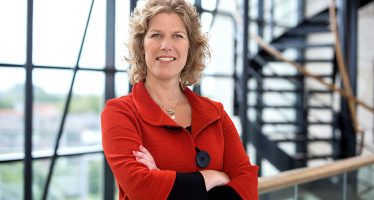World Bank Approves Financing for Nepal Grid Solar and Energy Efficiency Project

Janaki Mandir, Nepal
The World Bank today approved a US$130 million credit for the Nepal Grid Solar and Energy Efficiency Project to help address Nepal’s energy shortages that are a major constraint to economic growth and overcoming poverty.
The project intends to increase electricity supply to the national grid through grid-connected solar farms and reduce distribution losses in pilot distribution centers.
The project has two components. The first component includes the design, supply, construction, commissioning, operation and maintenance of grid connected solar farms, in a total capacity of 25 MWp, to supply electricity directly to the Nepal Electricity Authority’s (NEA) distribution network. The second component includes the preparation of a Distribution Loss Reduction Master Plan and implementation of pilot loss reduction projects in selected distribution centers of NEA.
“Reliable electricity is crucial for Nepal to achieve its full growth potential.”
– Takuya Kamata, World Bank’s Country Manager for Nepal
Nepal suffers up to 18 hours of electricity blackouts a day, especially in the winter months. Solar power is one of the ideal power generation sources to complement the hydropower electricity generation in Nepal as solar radiation is strongest in winters when the electricity demand is at the highest and hydropower generation at the lowest levels.
“Reliable electricity is crucial for Nepal to achieve its full growth potential,” said Takuya Kamata, the World Bank’s Country Manager for Nepal. “This project will not only address short-term measures of introducing solar power generation into the system but will also contribute to reduction of distribution losses” he said.
The credit carries a 6 year grace period and a maturity of 38 years. Source
You may have an interest in also reading…
Nigerian Stock Exchange: Corporate Governance to Reign Supreme
The buoyant Nigerian Stock Exchange (NSE), with well over two hundred listed securities representing a total market capitalisation in excess
FMO: Unlocking Scale Potential of Green Bonds in India – Lessons from Global Markets
The global green bonds market has gone from strength to strength in recent years, with issuance for 2017 already exceeding
Greece on the Mend: Investors Find New Land of Opportunity
The severely battered Greek economy is on the mend. A rebound may even be in the works. The same hedge

















































































